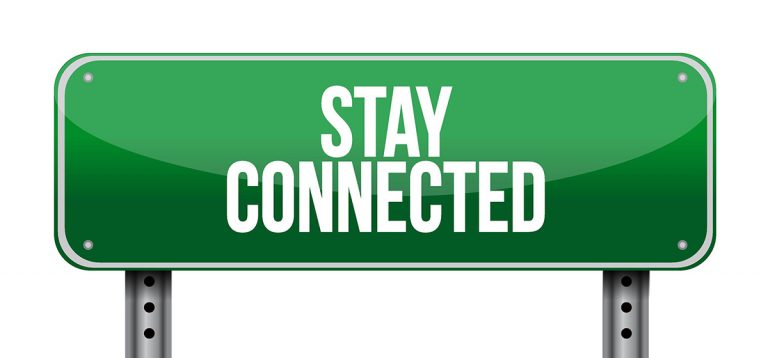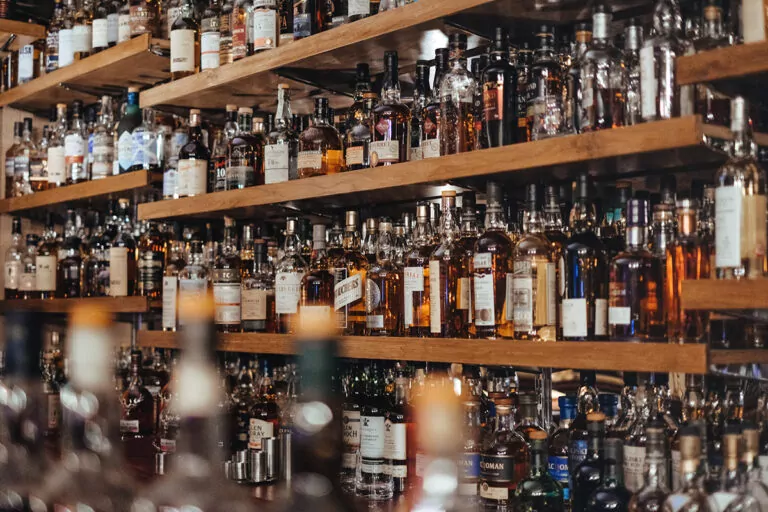The COVID-19 pandemic has been exceptionally challenging for everyone, but especially so for people in recovery from substance use disorders. One of the key challenges has been ensuring patients have access to addiction treatment during the coronavirus outbreak.
As the pandemic sweeps across the United States, there has been an increased demand for addiction treatment due to stay-at-home orders, border closures, unemployment, stress, and anxiety. The social isolation has resulted in increased emotional dysregulation and more severe symptoms of addiction. Also, the restrictions to control the spread of the virus have led to reduced availability of drugs, putting many recovering addicts at risk of withdrawal.
Patients must have continued access to drug rehab treatment during the public health emergency caused by COVID. In this article, we explore some of the ways that patients receiving addiction treatment can stay connected during the virus outbreak.
Telehealth Consultations
One way to bridge the gap in addiction treatment during COVID-19 is through telemedicine, which provides continued engagement with rehab providers while minimizing in-person contact. When appropriate, telephone or video consultations can be used instead of in-person clinic visits. Telehealth platforms are either synchronous (such as a telephone call or video call) or asynchronous (such as a voicemail or e-mail exchange). In some cases, it may be deemed clinically appropriate to utilize remote drug testing instead of in-person testing. Your addiction treatment team can assess whether traveling to a clinic for in-person consultation is worth the risk.
Federal and state policies and regulations have been changed during the coronavirus outbreak to promote the use of telehealth platforms, including changes in Medicaid payment, licensing, and HIPAA guidelines for patient information privacy rules. Many states have submitted waivers to authorize providers in any healthcare facility to offer telehealth services. The 1135 waiver has removed many of the restrictions on where telehealth can and cannot be deployed, making it more widely available to people in recovery. HIPAA (patient confidentiality) rules have been relaxed to support more widespread use of telehealth services.
Prescription Addiction Medications
In light of the COVID-19 outbreak, the Drug Enforcement Administration (DEA) and the Substance Abuse and Mental Health Services Administration (SAMHSA) have changed some rules and made addiction treatment with prescription medications more flexible. They have issued guidance that an in-person medical evaluation is no longer required before issuing a prescription for a controlled substance. Specifically, the addiction treatment medication buprenorphine, which is a Schedule III drug used to treat opioid use disorder, can be initiated following a synchronous telephone consultation (it does not have to have a visual telehealth component). In this way, the standard of rehab care is maintained, but the treatment is delivered where the patient is located rather than where the healthcare provider is.
Another change is that people who have been in treatment for a certain amount of time and demonstrated a certain amount of clinical stability will be permitted to take home 14- or 28-day doses of addiction medications. These take-home doses are in contrast to daily clinic visits that were required for medication administration before the COVID-19 crisis. If you are battling an opioid use disorder, the relaxations can support you in your recovery during COVID, while reducing your risk of contracting the novel coronavirus infection. Also, for patients who have been exposed to COVID-19 or have tested positive and are isolating at home, these measures will provide the opportunity to continue addiction treatment.
Remote Drug Screening During the COVID-19 Pandemic
Recovering addicts receiving addiction treatment are often required to present to a healthcare facility and provide a urine or saliva sample to ensure abstinence from drug abuse. However, given the COVID outbreak, in-person drug testing may cause more harm than benefit. Some of the changes that have been recommended by the American Society of Addiction Medicine include:
Do you have a loved one struggling with addiction?
We know how hard that can be. Give us a call to find out what options you have.
Pausing drug screening for low-risk patients.
Finding alternative methods to ensure adherence to drug rehab.
Exploring options for remote toxicology testing.
One company, Genotox, has ramped up the production of its at-home urine drug test that utilizes DNA authentication technology. Patients receive the testing kits and are notified at random intervals to provide a urine sample from the privacy of their homes. DNA authentication is used to match the sample to the patient to prevent any attempts to substitute, dilute, or adulterate the sample. The Genotox test can detect more than 100 drugs of abuse within a window of 3-7 days with results available in 48 hours. A random test administered at home is more robust than having the patient come into the clinic on a specific day to submit a urine sample.
Another company, Dominion Diagnostics, has developed a testing kit that uses oral fluid (saliva). The patient’s addiction treatment provider has the option to observe the patient giving the sample via a video telehealth platform, sealing it, and mailing it in. Insurance providers, who were previously resistant to drug screening with oral fluids, are now more willing to pay for this type of remote testing.
Online Support Groups
Social connections are critical for achieving and maintaining recovery from alcohol and drug abuse. The COVID epidemic has disrupted many of the normal support systems that recovering addicts rely on. There are new financial stresses and changing responsibilities (for example, children are no longer in school). These stressors and the isolation caused by sheltering at home can derail recovery.
The power of shared experiences at peer support groups is an incredibly powerful aid to healing from addiction. In the absence of in-person support groups during COVID, addiction treatment facilities are encouraging participation in virtual or online support groups using technologies like Zoom. This is not only convenient but also makes peer support accessible to many recovering addicts. Doctors are reporting that patients are attending more recovery meetings because of the convenience of virtual support groups.
Addiction Treatment During COVID-19: Staying Ahead of the Curve
Recovering addicts and addiction treatment providers need to be proactive to stay connected and ensure there are no gaps in rehab during the coronavirus outbreak. The above-mentioned technologies are just some of the means to this end. And when this is all over, the silver lining to the COVID-19 pandemic may well be that the recovery community will find newer methods of supporting people in addiction treatment that will continue to be used post-COVID.




